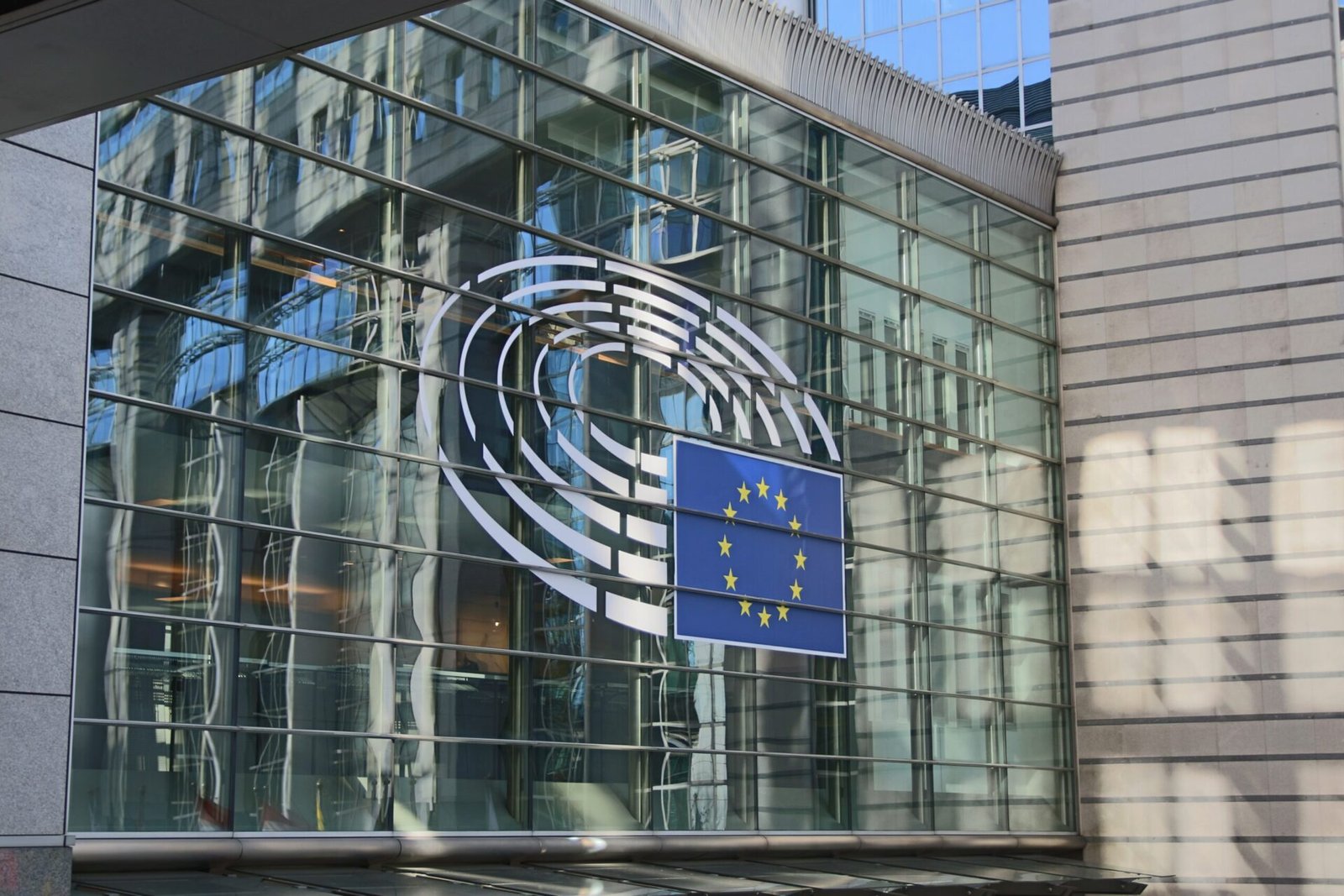
by Jakob Staubmann
Introduction
As we navigate the complex political landscape in Europe, it is undeniable that we are witnessing a surge in unqualified politicians. This trend is puzzling, especially considering our increasingly educated and well-informed society. In this blog post, we will explore the underlying causes of this phenomenon, the challenges it poses, and the potential solutions for our political system in the future.
The Paradox of Education
One might expect that with better education and increased access to information, we would see a higher caliber of politicians. However, it seems that the abundance of knowledge has not translated into better economic policies or effective governance. This paradox begs the question: what is the missing link between education and political competence?
One potential explanation is the overspecialization of education. While individuals may possess advanced knowledge in specific fields, they often lack a comprehensive understanding of the diverse and interconnected aspects of governance. To bridge this gap, it is crucial to foster interdisciplinary education that equips future politicians with a broader perspective.
Restoring Confidence in Democracy
The growing dissatisfaction with politicians has led to a loss of confidence in the democratic system itself. However, it is important to remember that democracy remains one of the most resilient and adaptable political systems. Instead of abandoning it, we should focus on revitalizing and reevaluating its mechanisms.
One way to restore confidence is through increased transparency and accountability. When politicians are held to higher ethical standards and are required to disclose their actions and decisions, the public can regain trust in their elected representatives. Moreover, empowering citizens with the ability to participate in decision-making processes through initiatives such as citizen assemblies or participatory budgeting can strengthen the bond between politicians and the public.
The Rise of the Radical Right
The dissatisfaction with mainstream political parties has created fertile ground for the rise of the radical right political wing. However, it is important not to dismiss this phenomenon as a mere consequence of unsolved problems. Instead, we should view it as an opportunity to address the underlying issues that have fueled its growth.
One potential solution is for mainstream political parties to engage in open dialogue and collaboration with the radical right, rather than isolating them. By addressing the concerns and fears that resonate with this political movement, parties can work towards finding common ground and implementing policies that address the root causes of societal unrest.
Conclusion
The future of European politics holds both challenges and opportunities. By embracing a well-rounded interdisciplinary education, restoring confidence in democracy through transparency and citizen participation, and engaging in dialogue with the radical right, we can forge a path towards a more effective and inclusive political system. Let us remain optimistic and proactive in shaping the future of our continent.



